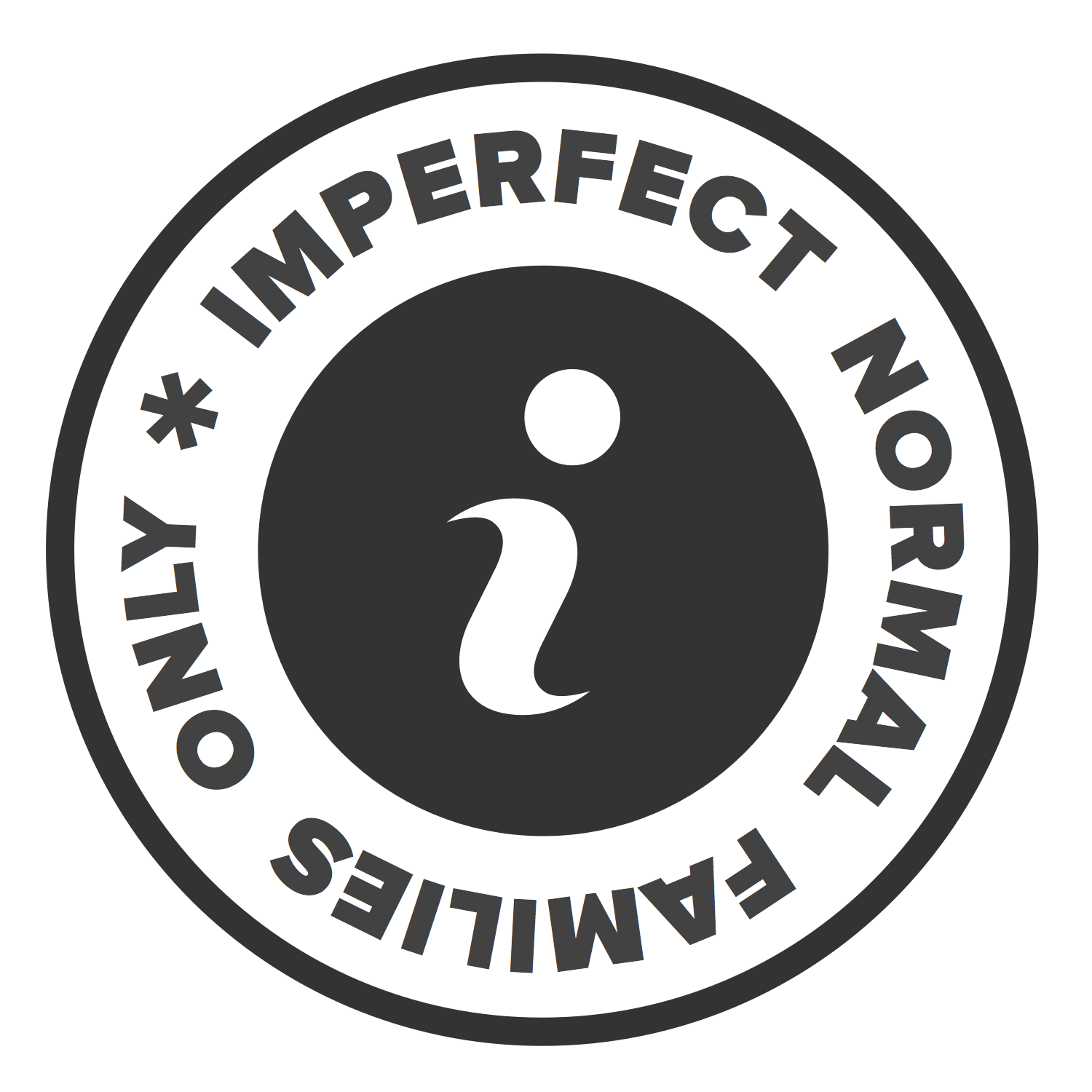The Science of a Happy Marriage, Part 4 - Pay Attention to Family and Friends
“Sociologists Naomi Gerstel of the University of Massachusetts Amherst and Natalia Sarkisian at Boston College have found that married people have fewer ties to relatives than those who are single. They are less likely to visit or call their parents and other family members and to socialize with neighbors, help out their friends or be politically active.
“Today we expect much more intimacy and support from our partners than in the past, but much less from everyone else,” notes marriage historian Stephanie Coontz, who teaches history and family studies at Evergreen State College.
Coontz thinks all this togetherness is not necessarily good for couples. The way to strengthen a marriage, she argues, is to put fewer emotional demands on spouses and instead to foster relationships with family members and friends.
The lesson: Sometimes improving your marriage means giving it a break. Spending time with family, friends and society is good for your relationship.”
Taken from the June 2010 issue of Ladies Home Journal magazine. From For Better: The Science of a Good Marriage, by Tara Parker-Pope. Copyright 2010 by Tara Parker-Pope.
------------------
Finding the balance between time with your spouse and time with other people can be a challenge. Some disconnect too much from outside relationships while others focus on them so much that their marriage suffers.
At the Marriage Prep workshop we teach every few months, we focus on the Biblical principle of “leave and cleave.” God introduces this concept in Genesis with Adam and Eve. Jesus and Paul both mention it again in the New Testament.
Essentially, the principle reminds us that a basic premise of a healthy Christian marriage is that we “leave” our father and mother and “cleave” to our spouse. This stresses the priority of the new marriage relationship over any and all other relationships. It is why parents give the bride away at weddings.
But while marriage means embracing your spouse as the primary confidant and “best friend” in your life, it does not mean that we should cut ourselves off from our previous relationships. If anything, we should strive to integrate these relationships together so they compliment one another.
So the question on this issue is: are we in balance? Have we connected powerfully with our spouse while maintaining healthy connections to others? A good person to help you to determine how you are doing in this area is your spouse. Ask them if they think your connections to friends and family are “too much” or “not enough.”
Then come to consensus on some steps you might take together to find a healthy, Biblical balance.
